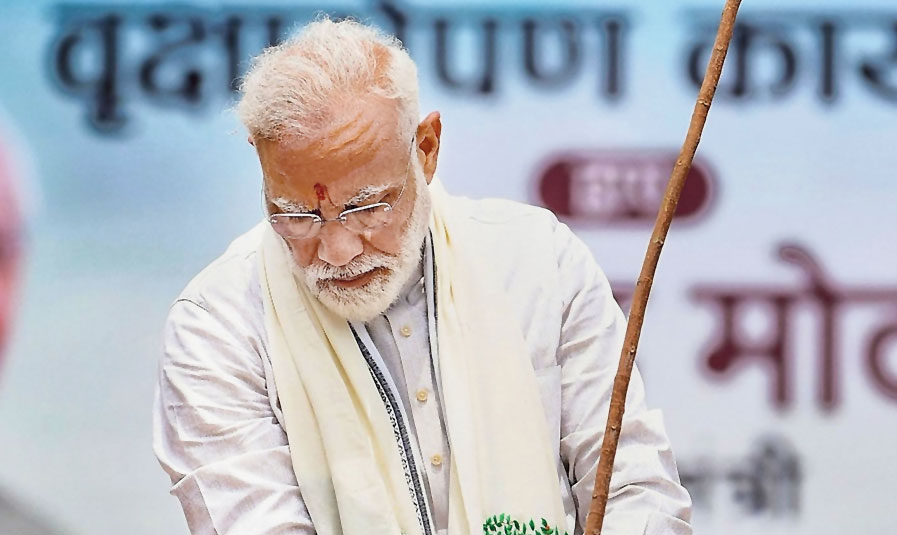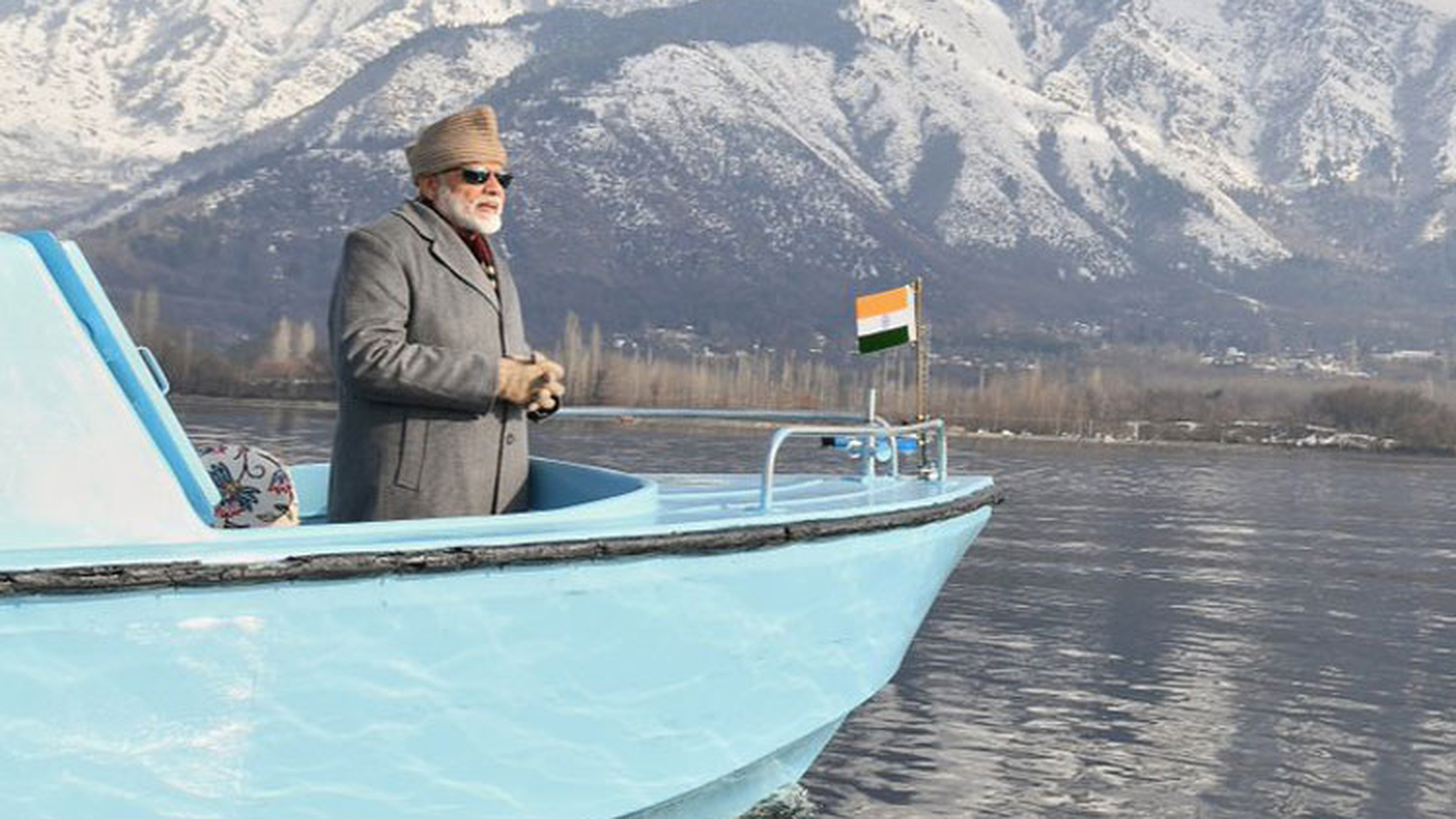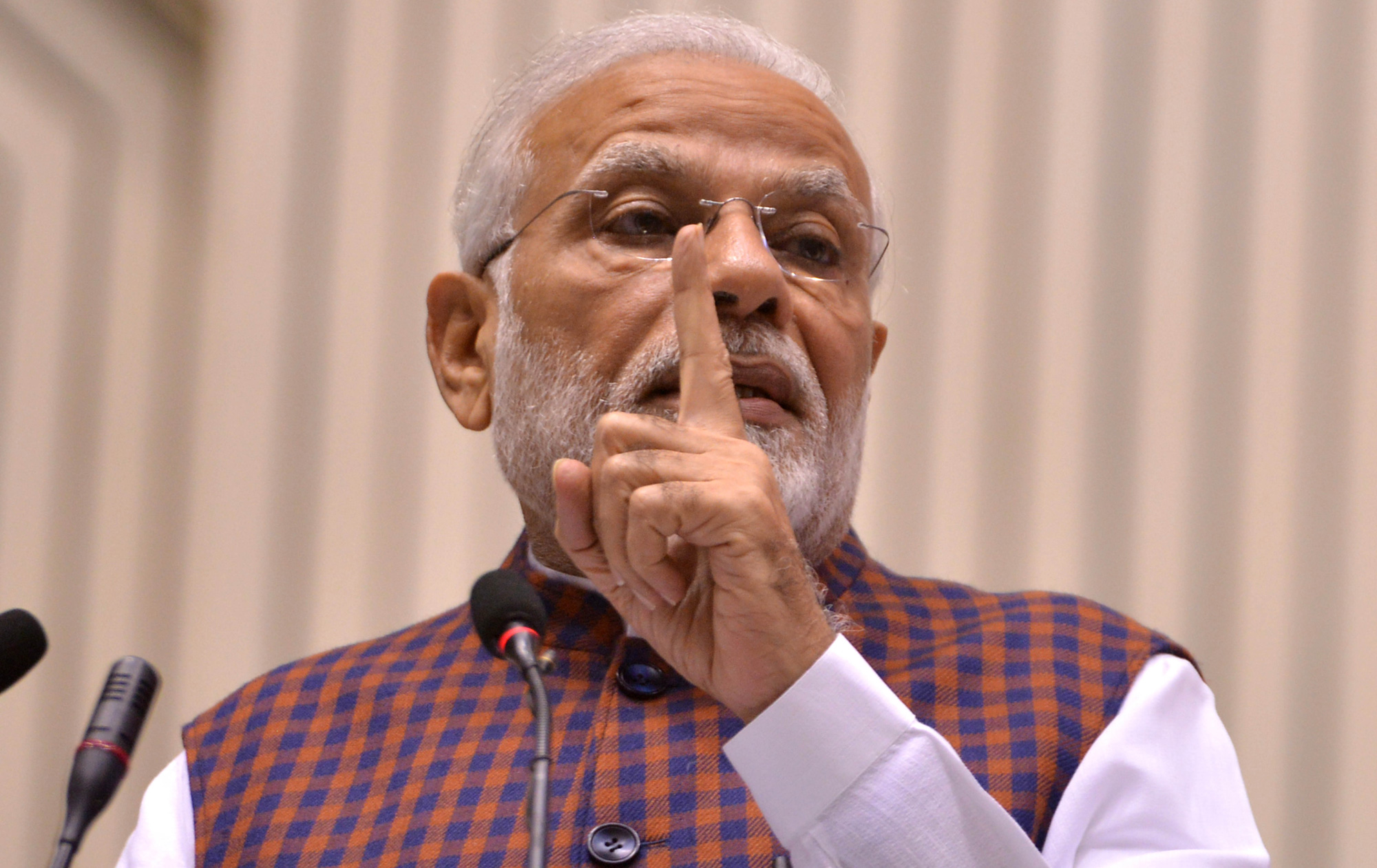In the days when politics was less furious and more humane, kings had two special courtiers: the court fool and the court prophet. The fool served as a genial reminder to the king of the vanity of power-wielding. The court prophet kept the king mindful of his accountability to an authority higher than himself. Globally, the fool and the prophet became anachronistic in the aftermath of democracy. The last serious fool and genuine prophet we had in politics were Raj Narain (died 31 December, 1986) and Jayaprakash Narayan (died October 1979), respectively.
I feel for Narendra Modi for three reasons. First, he is admirable in so many ways. Second, he is my prime minister. Third, he takes his role, alas, too seriously. He flies, by instinct, in the face of Aristotle’s doctrine of the golden mean. If Aristotle is right, a serious and zealous man stands in danger of becoming a fanatic. A fanatic is one who forgets that he too is a human being, all roles and titles being ad hoc plumages.
The gau rakshaks, for example, are dead serious, like the moral vigilantes in the American Bible belt who lynched those they thought were moral offenders. Read Adolf Hitler’s autobiography, Mein Kampf. The one thing you cannot doubt is his earnestness. He believed he was creating a new humanity. “Those who think,” he said, “that National Socialism is only a political movement, know nothing about it. It is even more than a religion. Its goal is a new creation of man”. Modi’s project of ushering in a New India is less earth-shattering.
Political messiahs have failed all through history for not counting the cost that their pursuits inflicted on fellow human beings. Alexander the Great conquered and baffled the known world. But at what cost? Peter the Great and Napoleon did too. Hitler — nearly. Again, at what cost? All of them ended up as victims of their own projects. They came to grief not because their goals were petty, but that they flew in the face of, as Victor Hugo says in Les Misérables, the logic of history.
Modi appears to be of a similar vein. In his election speeches, he said that he had not had a single day of rest in five years. He worked eighteen hours a day. These are indisputable facts. But if the logic of history holds, not even Modi can know the shape of the New India he is out to craft. As Hegel argues, while it is given to individuals to initiate actions and revolutions, it is given to none to steer their projects to intended destinations. Man may want to play god; but he will not be god. He knows it; and it makes him desperate. We see this desperation reflected in the eagerness to eradicate from Modi’s India all effective Opposition. Surely, this is not a democratic sentiment. It is, at best, a psychological need, stemming from the insecurity that stalks the faltering steps of those who play god in history. The only way to keep history under leash is by eliminating alternatives and competitors. This is nothing new. We don’t have to go to Stalin’s Russia. At home, Indira Gandhi enunciated the TINA factor in politics. Modi’s project is only a more aggressive variant of it.
All of us are familiar with its local editions. A professor takes his profession so seriously that he and his professional role become one. His earnestness shuts him out from the larger world and renders him stiff, stolid and ill-at-ease with normal life. Adolf Eichmann had said that he would leap laughing into his grave at the thought that he had exterminated millions of Jews. He was no monster, as Hannah Arendt testifies in Eichmann in Jerusalem. The death of his conscience coincided with the complete fusion of his conscience with his political mission; something that Modi unwittingly echoes in saying that he is a BJP worker first, and prime minister later. It baffles logic that the oath of allegiance to the Constitution can be taken with such an order of loyalties.
The court fool and the court prophet are thus desperately needed. Laughter is a way of relating to reality which, but for the anaesthetic of laughter, would be too unpleasant to face. Truth, Michel Foucault said, is a function of alterity. Only ‘outsiders’ to the Establishment are free to speak the truth. The margdarshak mandal — comprising Advani and Co. — was expected to perform a similar role. Their plight proves that truth cannot be institutionalized even on the margins. Consequently, we heard no truth-speaking from the mandal.
Truth can only be imported into the Establishment from the outside. That was the stellar role of the media. God save democracy if the fourth estate settles down as obsequious courtiers to the Establishment.
The curse of absolute power is that it breeds blindness to truth that is subsumed in lived realities. But truth will prevail, no matter who struts on the stage of history. The legacy that one may leave to posterity, if at all Modi is mindful of it, has to be in harmony with the logic of history. And that logic wills that no man shall be a master of history. All are, in the end, playthings in the hands of what Hegel called the cunning of reason that guides history.













